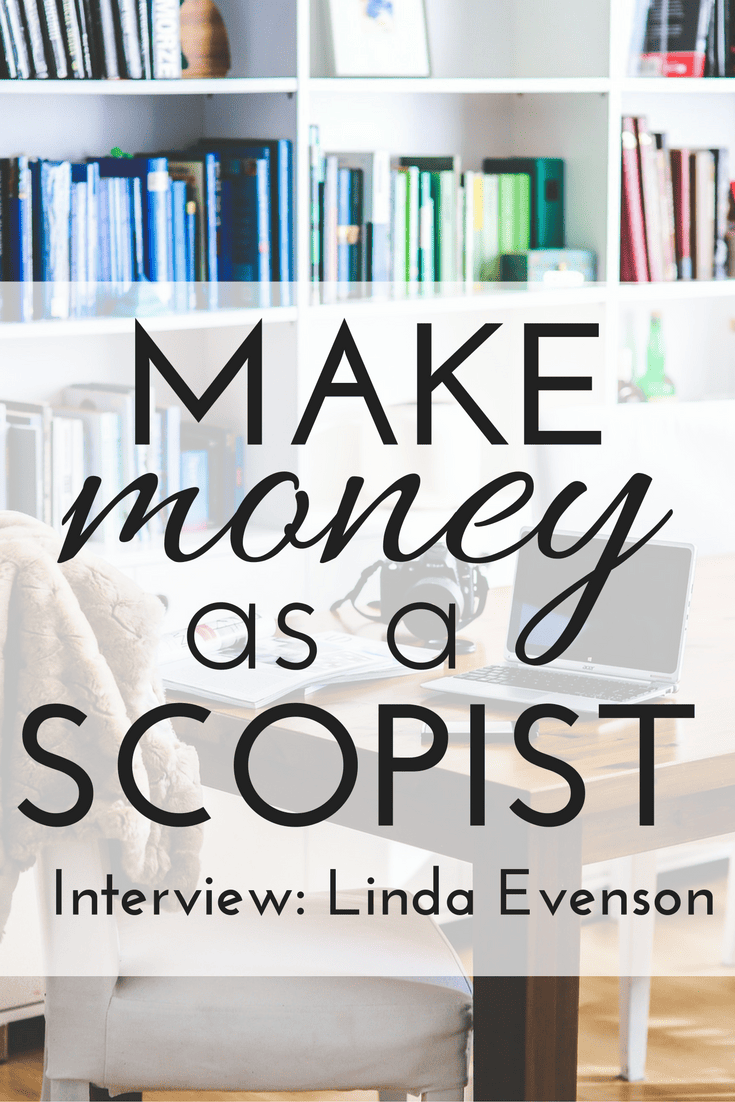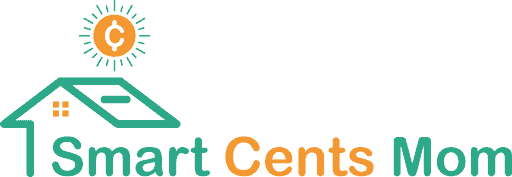~ This article may contain affiliate links. I only suggest products or services I believe will benefit my readers. All opinions are 100% mine! ~
Tell us a little about yourself.
My name is Linda Evenson, I own Internet Scoping School, and I am a professional scopist. “What is that?” you might ask – and with good reason. Although scoping has been around for over 30 years, most people have never heard of it! Why, I have no idea, but I’m here to tell you all about it.
How did you get started with scoping?
Years ago, when my kids were little, I heard that a friend of a friend was working from home, typing documents for court reporters. I was intrigued so I gave her a call. She told me she was typing from dictated tapes, but there was also a thing called “notereading” in which the typist would actually read the court reporter’s machine shorthand and type up the docs from there. I found a mail-order notereading course and bought it. Learning to read steno notes was fun – kind of figuring out a little crossword puzzle! I was hooked.
Shortly thereafter, one of the local reporting firms bought their first mainframe computer that actually translated the reporters’ notes into English. Too cool! I started scoping for them and, lo, my career was born. In those days, the computers cost about $150,000, were the size of a desk, and used a disk that was the size of a large pizza and held maybe 250 pages. Fast forward to the present where I work on a little laptop in my home that holds thousands of pages and costs less than $500. Yes! Go technology!
What is Scoping?
Here’s how it works: When a reporter records proceedings such as a deposition or trial, her steno machine translates her notes into English. It matches the strokes she writes to ones she has saved in her dictionary. If she doesn’t write the word perfectly, or if the word isn’t in her dictionary yet, it comes up as an untranslated steno stroke or a partially or mistranslated word. And even though most of the file is in English, it still needs to be punctuated, paragraphed, spellings researched, steno strokes deciphered, incorrect words replaced, and the file edited as closely to perfect as it can be. That’s called “scoping!”
What’s the process a scopist follows?
After a reporter creates a transcript, she sends it through email, via Dropbox or some other shared file program, or over the Internet to the scopist. We do our magic, then we return the file the same way to the reporter. It is then proofread by the reporter or a professional proofreader before going to the attorneys.
How much do scopists get paid?
Scopists charge a dollar or more per page, depending on how much editing is required, whether the reporter wants a full audio listen on the file, how tough the subject matter is, etc. With an average writer, a scopist should be able to edit at least 25-30 pages/hour. With an expert writer and an experienced scopist, the pages per hour might even go up as high as 45-50.
Then there are these amazing things called daily and immediate copies. They are proceedings recorded by the reporter and sent realtime to a scopist who edits behind her as she writes. They are given to the attorneys within 24 hours or even the same day. Awesome sauce! These jobs pay over twice as much per page as normal, so it is possible for a scopist to earn $4-500/day. Seriously! Now, they don’t come along real often, and you have to be experienced and fast at editing, but they are out there.
Tell us a little about your business and how it has impacted you.
Nearly 20 years ago I started Internet Scoping School where I teach folks all the skills and knowledge they need to be successful scopists. Scoping has been so good to me, I love sharing it with others! The initial investment to start a scopist business is about $4500 for the training and the court reporting software, and the training can be finished in six months or less. Compare that to going to college for four or five years to the tune of $50,000, and it’s a pretty inexpensive alternative.
What is the best part of being a Scopist?
The best part is we work from home, we are our own bosses, and provided we return the work to our clients by their deadlines, we can adjust our schedules around our families and other commitments. I also encourage all ISS grads to get to know their peers and have someone they can use as backup for when they want to take time off. How do you spell “flexible”? S-C-O-P-I-S-T!
If that sounds a lot better than your current 8-to-5 routine, boy howdy, it is! I’ve been scoping for over 37 years, and I still love what I do! No one has to tell me how blessed I am. Maybe scoping is the perfect new work-from-home career for you!
Related Posts:
- 5 Ways to Make 500 to 1000 Dollars Extra Per Month
- How to Earn $1000 per Month Like a Boss
- Legit Work from Home Jobs















So it basically sounds like editing. I should look more into this as it would be right up my alley :-).
Yes! You should definitely check it out!